Human language is, of course, far from static. Our vocabularies are constantly being influenced by cultural movements, migrations, new technologies and much, much more. Indeed, even good old-fashioned mixups can shape the way we speak, write and think. As this animation from BBC Ideas explains, there’s a long and rich history of commonly misheard sayings eventually becoming widely accepted, and even replacing the original phrase. So if you’ve ever deployed ‘duck tape’ or spent an afternoon ‘biting your time’, worry not: you might just be on the idiomatic cutting-edge.
To all intensive purposes, you might have another think coming about how idioms work
Video by BBC Ideas
Animator: Ana Stefaniak
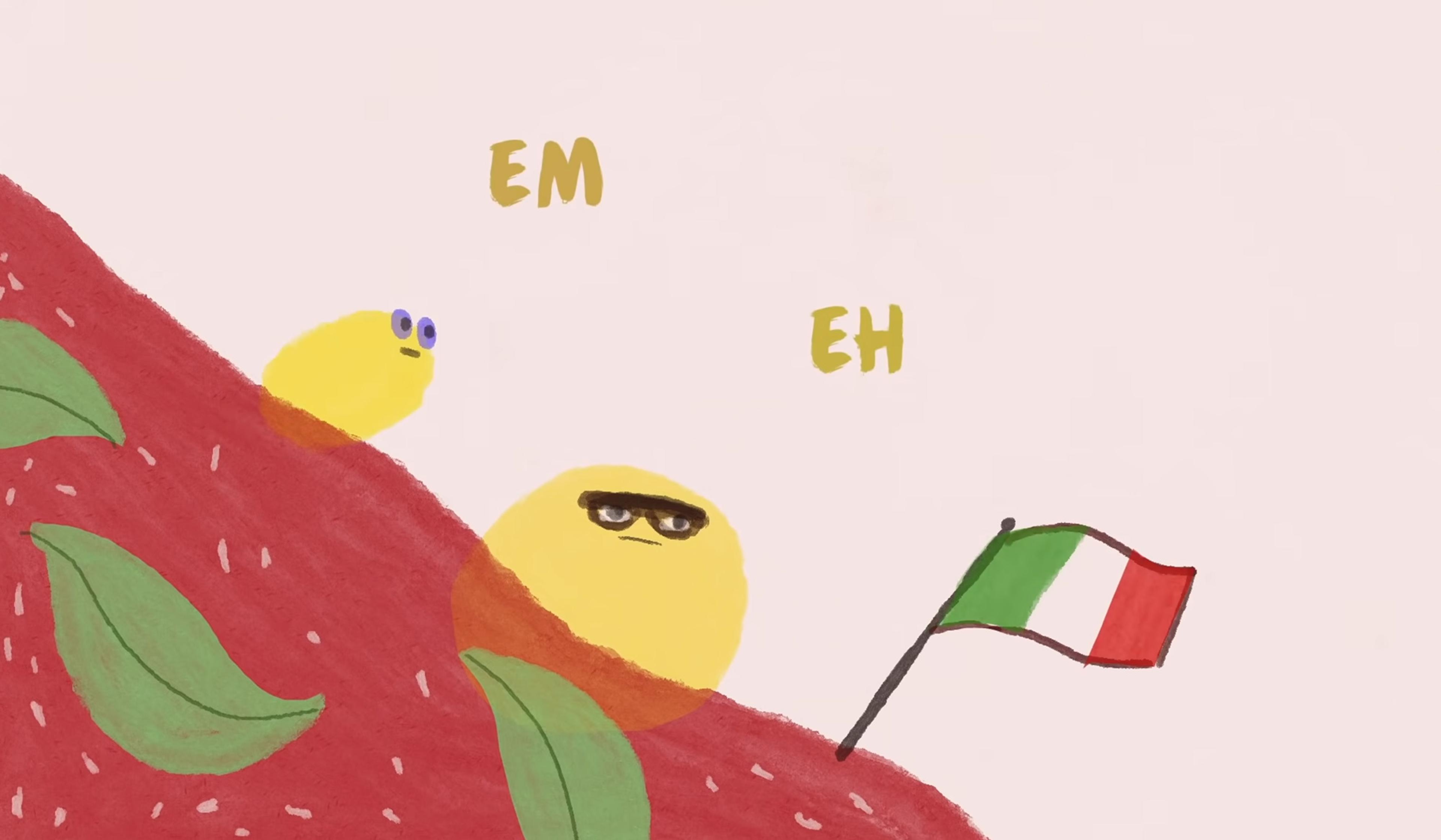
videoLanguage and linguistics
Ums, likes and y’knows get no respect – but they’re vital to conversation
6 minutes

videoLanguage and linguistics
‘Whose language is it anyway?’ The evolution of English, from ‘loaf’ to ‘LOL’
11 minutes
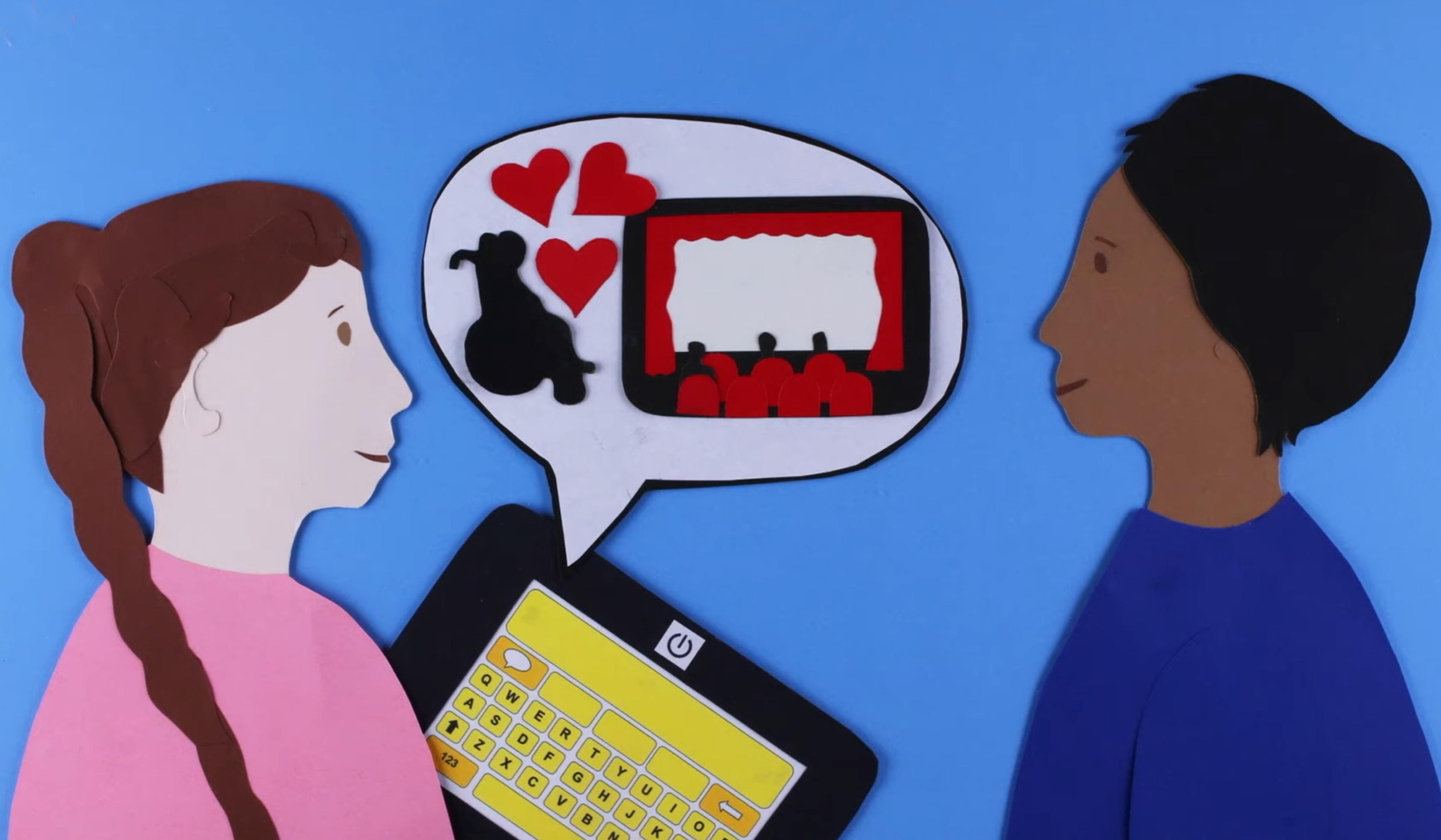
videoTechnology and the self
Adaptive technologies have helped Stephen Hawking, and many more, find their voice
5 minutes

videoNeuroscience
See how our brains group words by meaning in surprisingly complex semantic maps
3 minutes
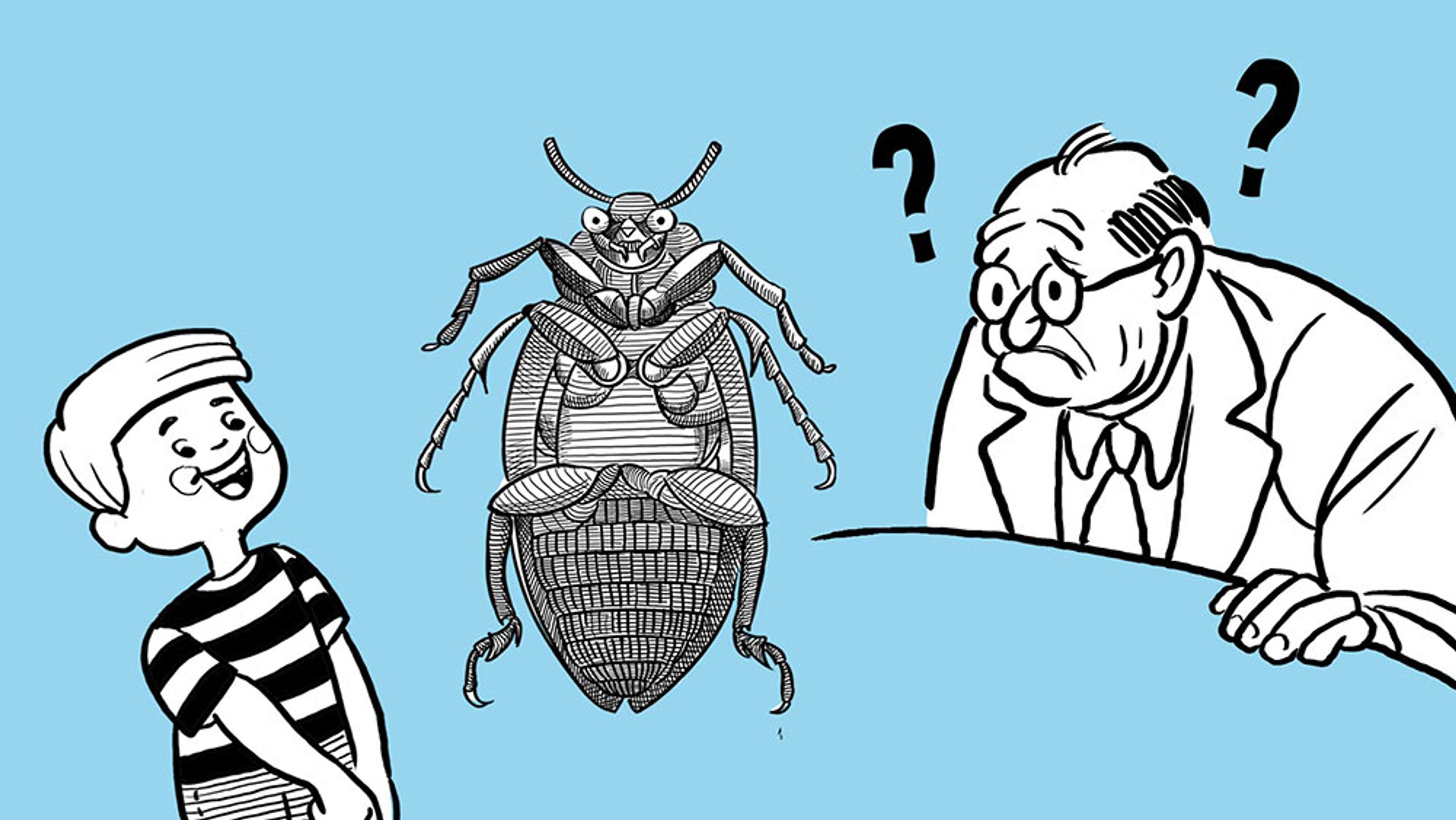
videoPhilosophy of language
Does the meaning of words rest in our private minds or in our shared experience?
2 minutes

videoSocial psychology
‘My God! Where’s the human voice?’ A charming reflection on our pre-recorded world
3 minutes
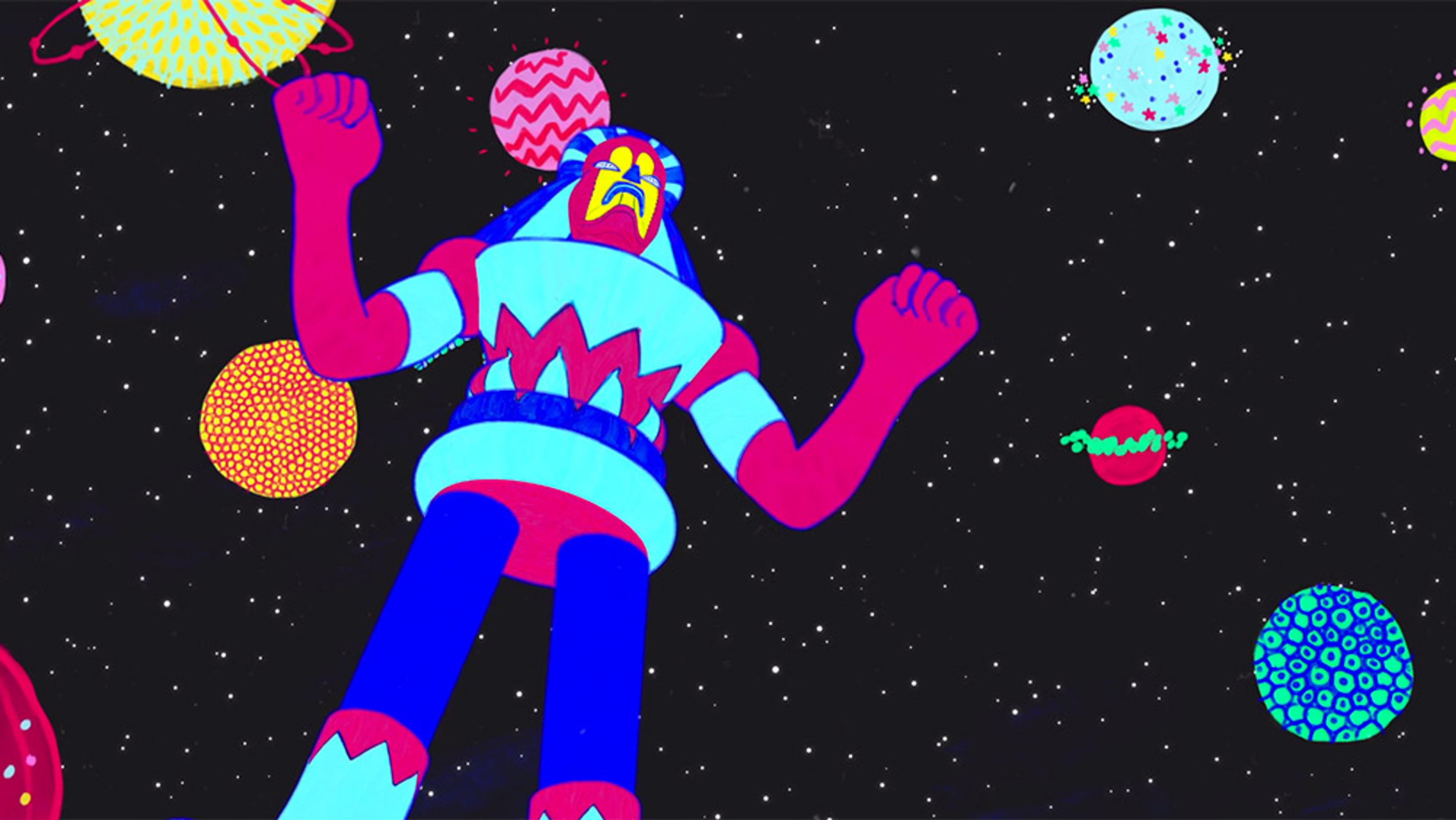
videoAutomation and robotics
Human as a process: What awaits us in the coming age of bio-enhancement?
3 minutes

videoHistory
The etymological odyssey of ‘clue’, from the Minotaur’s maze to detective novels
2 minutes
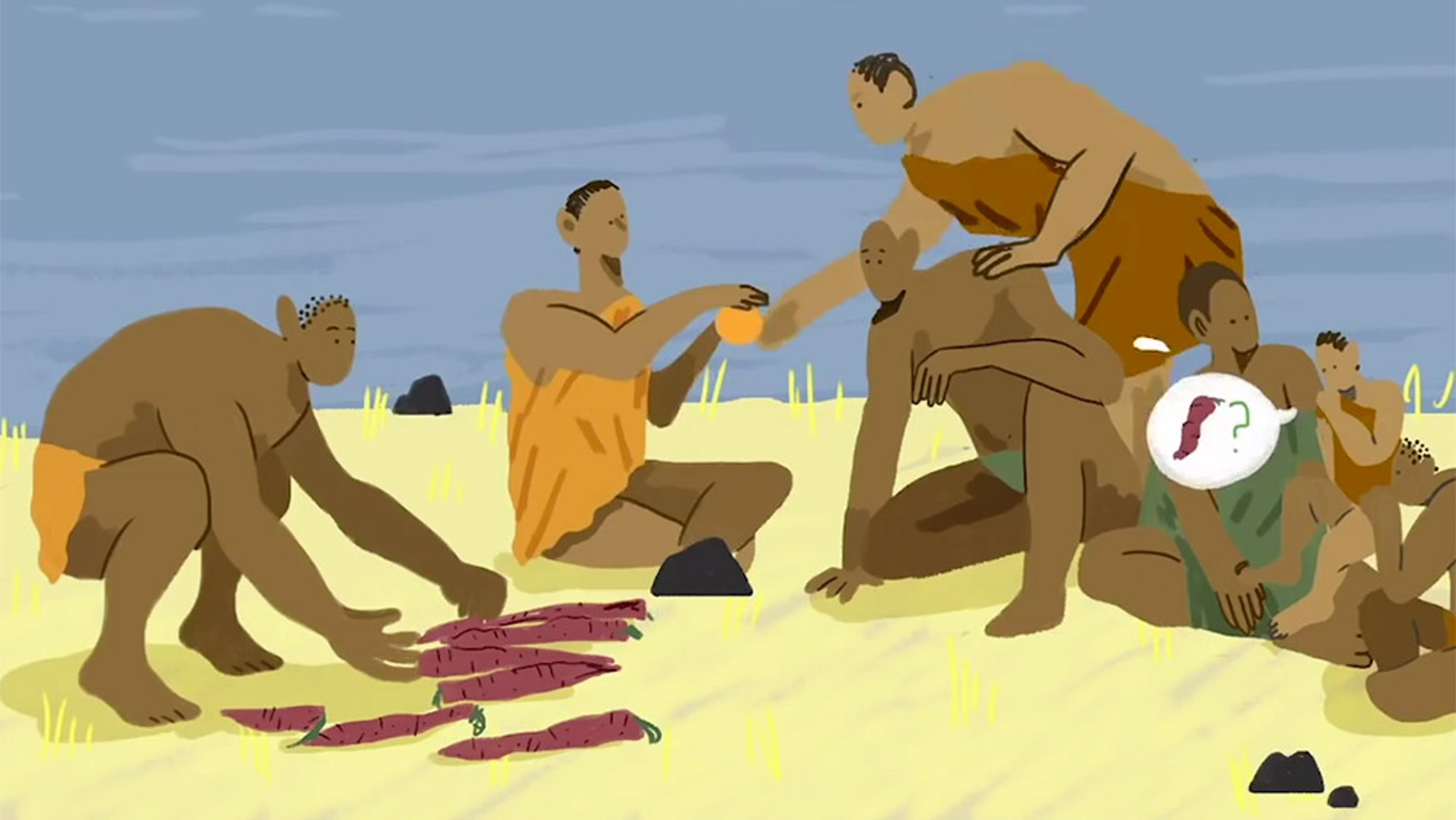
videoHuman evolution
Could grandmotherly love help to explain how we became human?
3 minutes